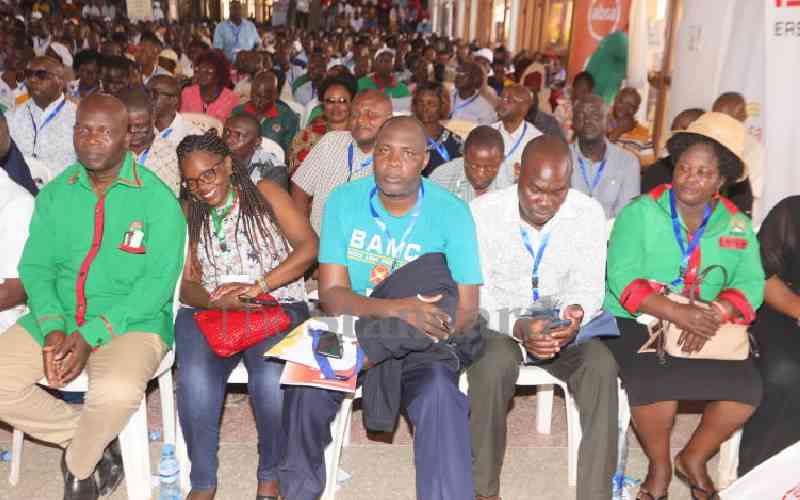×
The Standard e-Paper
Smart Minds Choose Us

Stakeholders in the education sector are split on the government's move to ban boarding schools for grades One to Nine learners.
Principal Secretary for Basic Education, Dr Belio Kipsang, while addressing the Kenya Primary School Headteachers Association (Kepsha) conference in Mombasa on Tuesday, expressed the desire by the government to bring down the cost of learning by doing away with boarding schools for the classes.